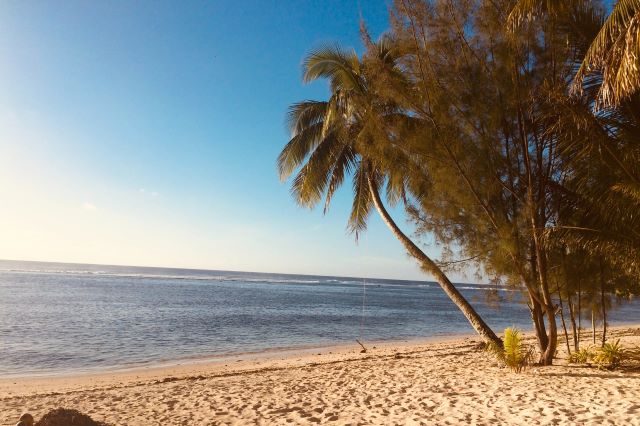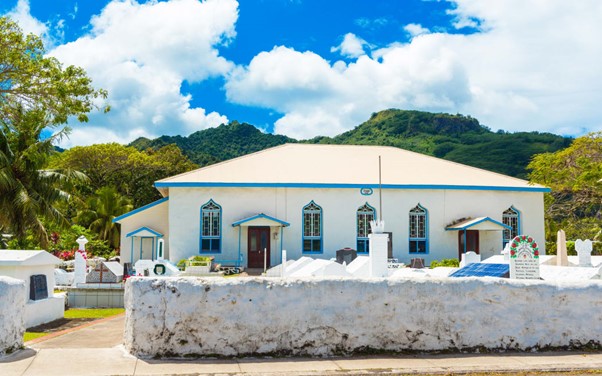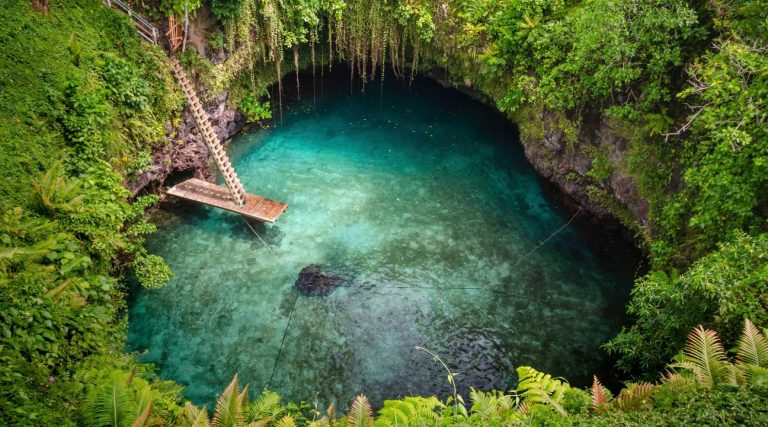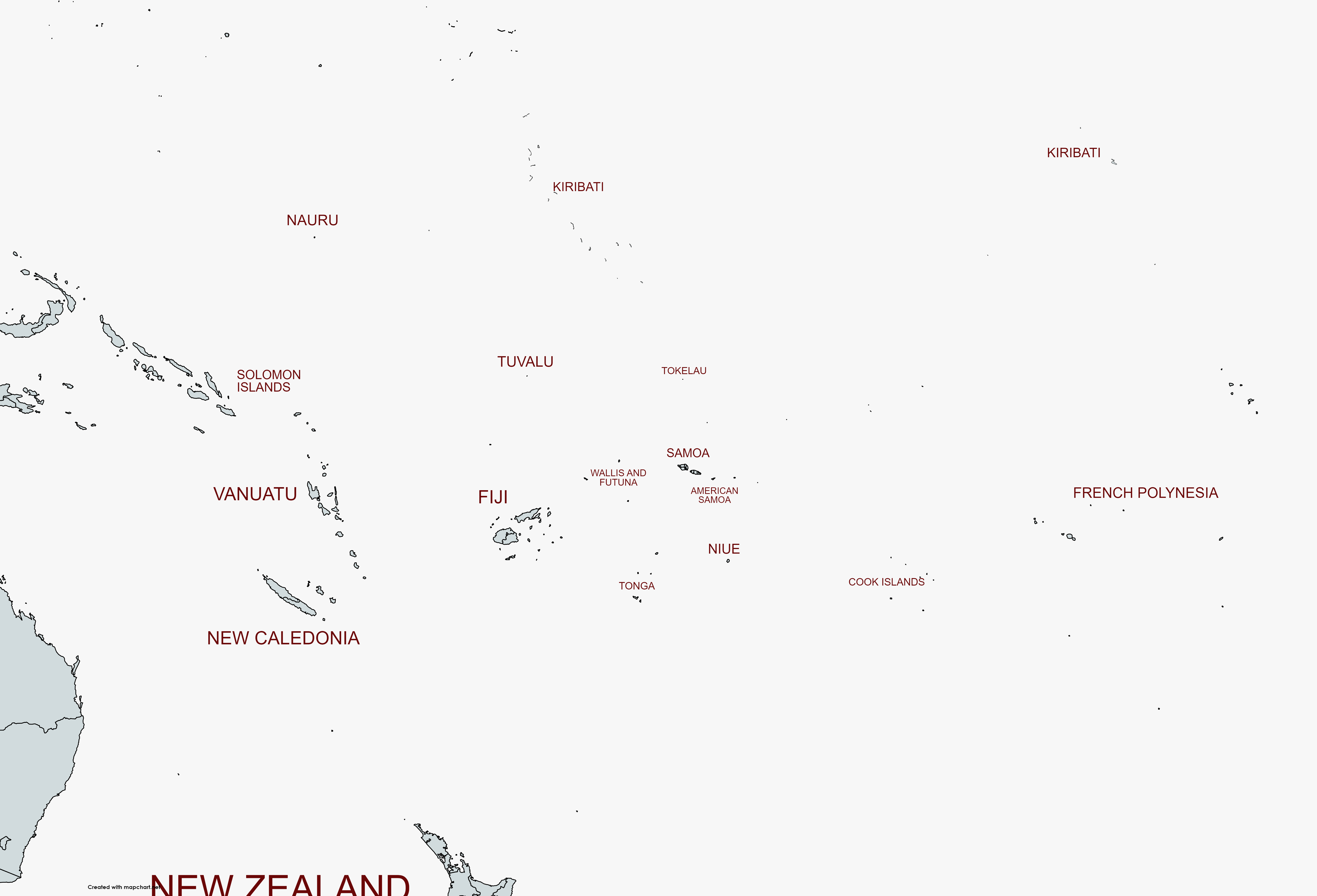Explore the markets:Start your weekend at the lively Punanga Nui Market in Avarua (Saturdays from 8am) for fresh produce, crafts, and cultural performances. For dinner, the Muri Night Markets (open Tues–Thurs and Sun from 5pm) are a local favourite - arrive early and bring cash for the best eats.
Join a guided tour:Discover the island by glass-bottom boat, kayak, or SUP in the lagoon, or explore on land with bikes, scooters, tuk-tuks, or 4WD adventures. For something fun and social, join a buggy tour or the popular party bus.
Discover local flavours: Enjoy a craft beer tasting at Matutu Brewery or book a Rarotongan Island Night for a buffet feast with traditional music, dance, and storytelling at venues like Te Vara Nui or Highland Paradise.
Visit museums and gardens: Learn about Cook Islands history at the Library and Museum in Avarua or Te Ara Museum in Muri. Or unwind at Maire Nui Botanical Gardens, a peaceful escape filled with tropical blooms and ponds.
Adventure and Nature: Hike across the island to Te Rua Manga (The Needle) and end at Wigmore’s Waterfall, or take a spectacular day trip to Aitutaki with scenic flights and lagoon cruising included.
Snorkel and Swim: Snorkel in calm, clear waters at marine reserves like Fruits of Rarotonga or Aro’a Beach. For scenic swimming and volcanic views, head to Black Rock Beach on the northwest coast.
Treat yourself to an island night: A night like this is a vibrant celebration of culture, offering traditional music, dance, storytelling, and cuisine. Held at venues such as the Highland Paradise Cultural Centre, Te Vara Nui Village, and several resorts, these evenings feature live performances showcasing the pride and passion of Cook Islands culture.
When to go
The Cook Islands enjoy a tropical climate year-round, making it a great destination in any season. The drier months from April to November typically bring warm days and lower humidity, with average temperatures around 26°C. The warmer season runs from November to March, with temperatures between 22°C and 30°C, and occasional tropical showers. Shoulder months like April, May, September, and October offer sunshine and calm, making them ideal for both adventure and relaxation.
-
Whale Watching (July to October): Humpback whales migrate from Antarctica to rest, mate, and give birth in the warm waters of the Cook Islands. They’re often spotted from the Rarotonga shoreline, making this a special time to visit. The surrounding Exclusive Economic Zone is a designated whale sanctuary.
-
Kitesurfing (May to October): The trade wind season provides steady, reliable winds, perfect for kitesurfers of all levels. The Cook Islands’ lagoon conditions and tropical setting make it an unforgettable experience.
Useful information
Currency: Both New Zealand Dollars (NZD) and Cook Islands Dollars (CKD) are accepted, but it's best to carry NZD, as CKD can't be exchanged outside the islands.
Language: English and Cook Islands Māori (Rarotongan) are the official languages, the latter being closely related to Tahitian and New Zealand Māori.
What makes it special: The Cook Islands offer the rare charm of authenticity and simplicity. With no commercial chains and no buildings taller than a coconut tree, the atmosphere is relaxed and boutique by nature. Whether you're staying in a luxury resort or a beachfront villa, the beach is always just steps away. The island's protected marine reserves are teeming with coral and tropical fish, offering some of the best snorkelling in the South Pacific.
Social customs: The beauty of the islands is matched by the genuine warmth of its people. Locals are friendly and generous, don’t be surprised if someone offers you a ride or invites you to join in a celebration. Family is central to daily life, with extended families often living together. The Cook Islands are also renowned as the entertainment hub of Polynesia. Drumming, dancing, and festivals are woven into the fabric of island life, with communities proudly showcasing their talents through performances and cultural events.




